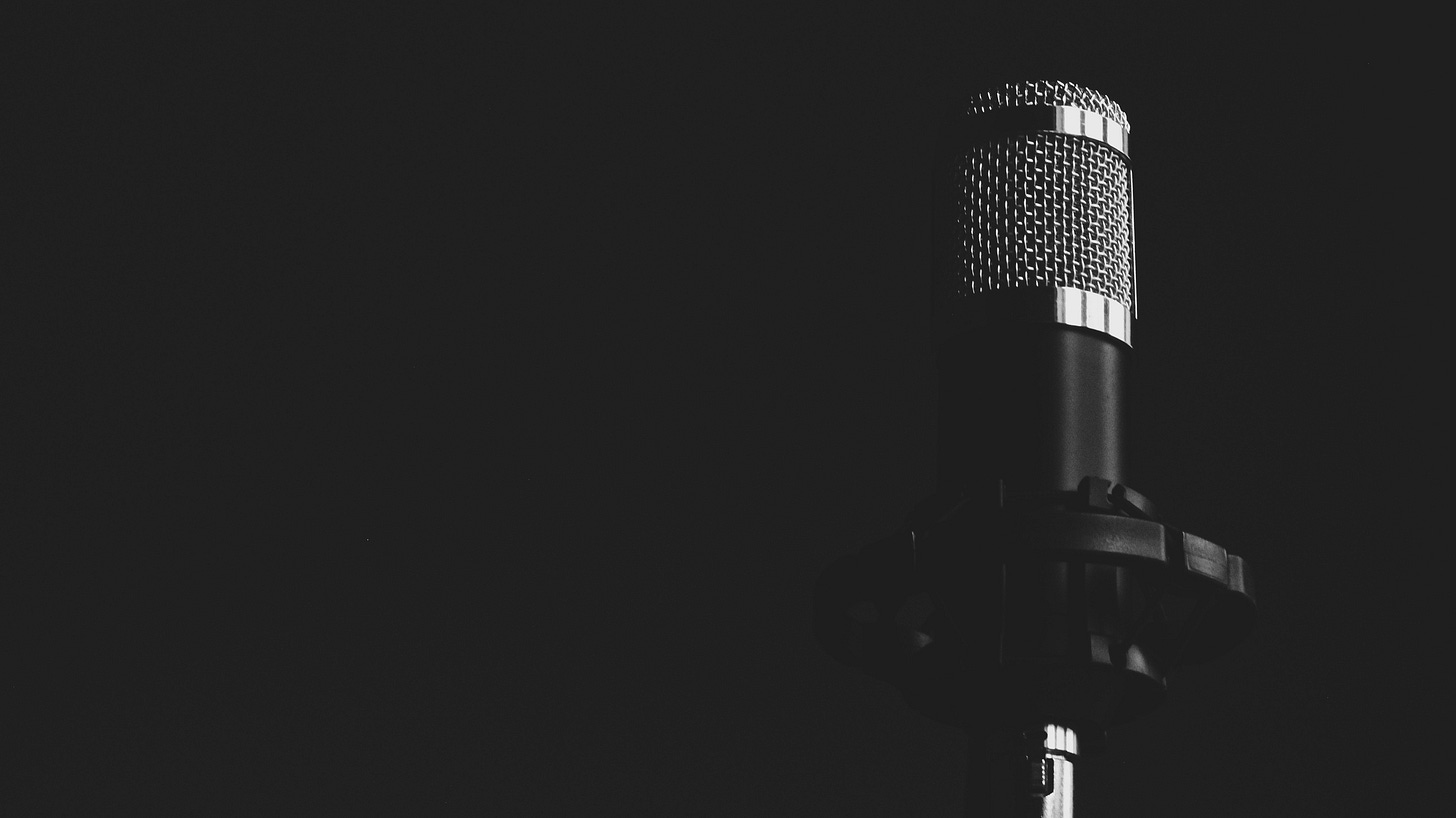Introduction
Welcome to The ContraMind Code.
The ContraMind Code provides you with a system of principles, signals, and ideas to aid you in your pursuit of excellence.
The Newsletter shares the source code, through quick snapshots, for a systems thinking approach to be the best in what you do.
The Code helps you reboot and reimagine your thinking by learning from the best and enables you to draw a blueprint on what it takes to get extraordinary things done.
Take a journey to www.contraminds.com. Listen and watch some great minds talking to us about their journey of discovery of what went into making them craftsmen of their profession to drive peak performance.
This week’s newsletter is different from the earlier ones. This is just a listening edition. Why?
Nobel prizes were announced earlier this week, and the outreach team at Nobel Prize Foundation did a fantastic thing. They do a quick 5-minute impromptu interview with the winners. The interviews are not scripted, have some authentic responses, and the winners share their feelings about the win and some advice.
We found the format and experience fascinating. It has some nuggets of advice from these great achievers, and their humility will surprise you. What is most telling is how many decades they invested in getting this recognition. It’s a lesson to be learnt - There is no shortcut to breakthrough ideas or innovation.
On The Day Of The Nobel Prize Announcement
Annie Ernaux
What we learnt:
Lesson#1: Writing needs Voracious reading - “If you want to write, what is important is the need to read a lot.”
Lesson#2: It is essential to bring your authentic self to anything you do - “Strive Not To Write Well. Strive To Write Honestly.”
K.Barry Sharpless
What we learnt:
Lesson#1: Don’t let uncertainty pull you down - “You should be drawn to uncertainty.”
Lesson #2: Give every idea its due - “If, at first, the idea is not absurd, then there’s no hope for it”. – Albert Einstein
Svante Paabo
What we learnt:
Lesson#1: Working without Expectation - “I somehow did not think this would qualify for a Nobel Prize.”
Lesson #2: Seemingly ‘impossible tasks’ can be achieved by a step-by-step process- “It started back in the 80s,… struggling with technological issues over a decade...Then it became possible to retrieve DNA from things like mammals…lucky to be in the presence of imagination of people….”
Lesson #3: Normal people do extraordinary things. Dreaming big and putting 100% effort behind it is essential - “I realised they are, after all, normal human beings, giving me bigger confidence to try. (he talks about other Nobel laureates, as he has a lineage in his own family - his father won a Nobel prize).
John Clauser
What we learnt:
Lesson#1: Holding to your intuition in the face of rejection or ridicule or the ability to risk your career is important - “What a waste of time, start doing some real physics. Everybody told me I was ruining my career by doing it.”
Lesson #2: Money is not always the only constraint. Staying invested in the experiment or effort is essential - “We had very little money but were cobbling together junk or scrap to do our experiments. There is a lot of unused stuff in the storerooms if you recognise what it is.”
Carolyn Bertozzi
What we learnt:
Lesson#1: Invention or innovation happens at the intersection of disciplines - “I love organic chemistry, I love biology.”
Lesson #2: Why research and innovation in fundamental science like Physics, Chemistry or Biology have far-reaching implications -“When the world is in trouble, chemistry comes to the rescue.”
Lesson #3: Family crises can play a critical role in driving a career passion - “As a scientist, I wanted to contribute to human health.”
Morten Meldal
What we learnt:
Lesson#1: Observing life can open up new bonds - “Organic Chemistry is reflected in the complexity of life.”
Lesson #2: Staying humble is key to innovative thinking - “Reality is much more complex than we as chemists can imagine.”
Anton Zeilinger
What we learnt:
Lesson#1: Know the Importance of Curiosity - “Curiosity instils Curiosity.”
Lesson#2: Seeing what others cannot see - “This is how future quantum computers can talk to each other.”
Alain Aspect
What we learnt:
Lesson#1: Being mindful of your weakness is more important than your strengths - “I realised I was not good in Quantum Mechanics.”
Lesson #2: Ask Deep Questions, however uncomfortable - “Where is the physics in Quantum Mechanics.”





